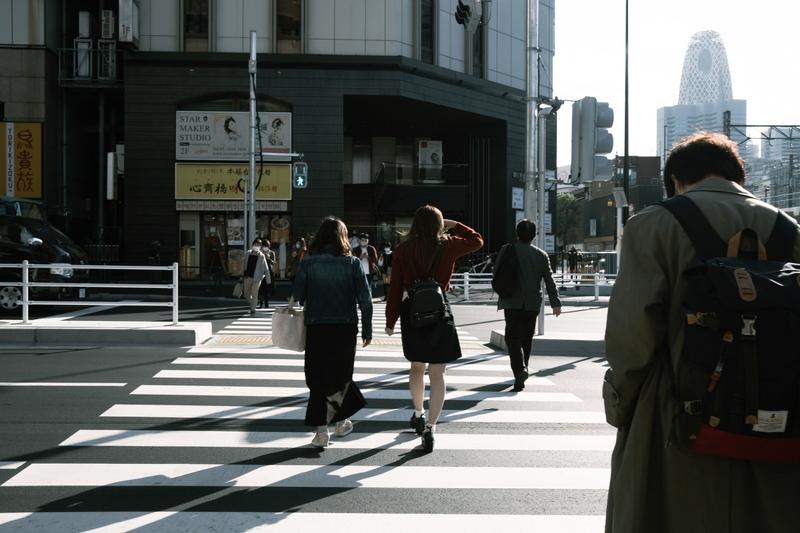 Pedestrians walk across a road in the Shinjuku district of Tokyo, Japan, on Nov 19, 2020. (PHOTO / BLOOMBERG)
Pedestrians walk across a road in the Shinjuku district of Tokyo, Japan, on Nov 19, 2020. (PHOTO / BLOOMBERG)
The economic blow from coronavirus has wiped out 81 million jobs across Asia-Pacific this year, with women and young people disproportionately affected, according to the International Labour Organization.
“COVID-19 has inflicted a hammer-blow on the region’s labor markets,” Chihoko Asada Miyakawa, the group’s regional director for Asia and the Pacific, said in a statement Tuesday. “Low levels of social security coverage and limited institutional capacity in many countries have made it difficult to help enterprises and workers back on their feet.”
Young people have been especially affected by working-hour and job losses, the ILO said, with the youth share of employment losses three to 18 times higher than their share of total employment
Employment in Asia-Pacific showed a 4.2 percent decline compared with the pre-crisis trend, with the gap at 4.6 percent for women and 4 percent for men, the ILO said in a report. Young people have been especially affected by working-hour and job losses, the ILO said, with the youth share of employment losses three to 18 times higher than their share of total employment.
READ MORE: ILO: Pandemic wipes out an estimated 500m jobs worldwide
With fewer paid hours of work available, median incomes are falling. Overall, labor incomes in the region fell by as much as 9.9 percent in the first three quarters of the year, equivalent to a 3.4 percent drop in gross domestic product, the ILO said.
The regional jobs disparity is largely driven by South Asia, where the 2020 employment estimate is nearly 50 million jobs below the pre-crisis baseline, according to the report. East Asia is estimated to see a gap of 16 million jobs, followed by Southeast Asia and the Pacific Islands, with gaps estimated at 14 million and a half-million jobs, respectively.
ALSO READ: ILO: Jobless youth risk lifelong 'scarring' from pandemic
“Too many workers have been pushed backward into poverty,” the report said. “The region’s economies, workers and enterprises are struggling to bounce back from the crisis and to make progress toward inclusive growth.”


